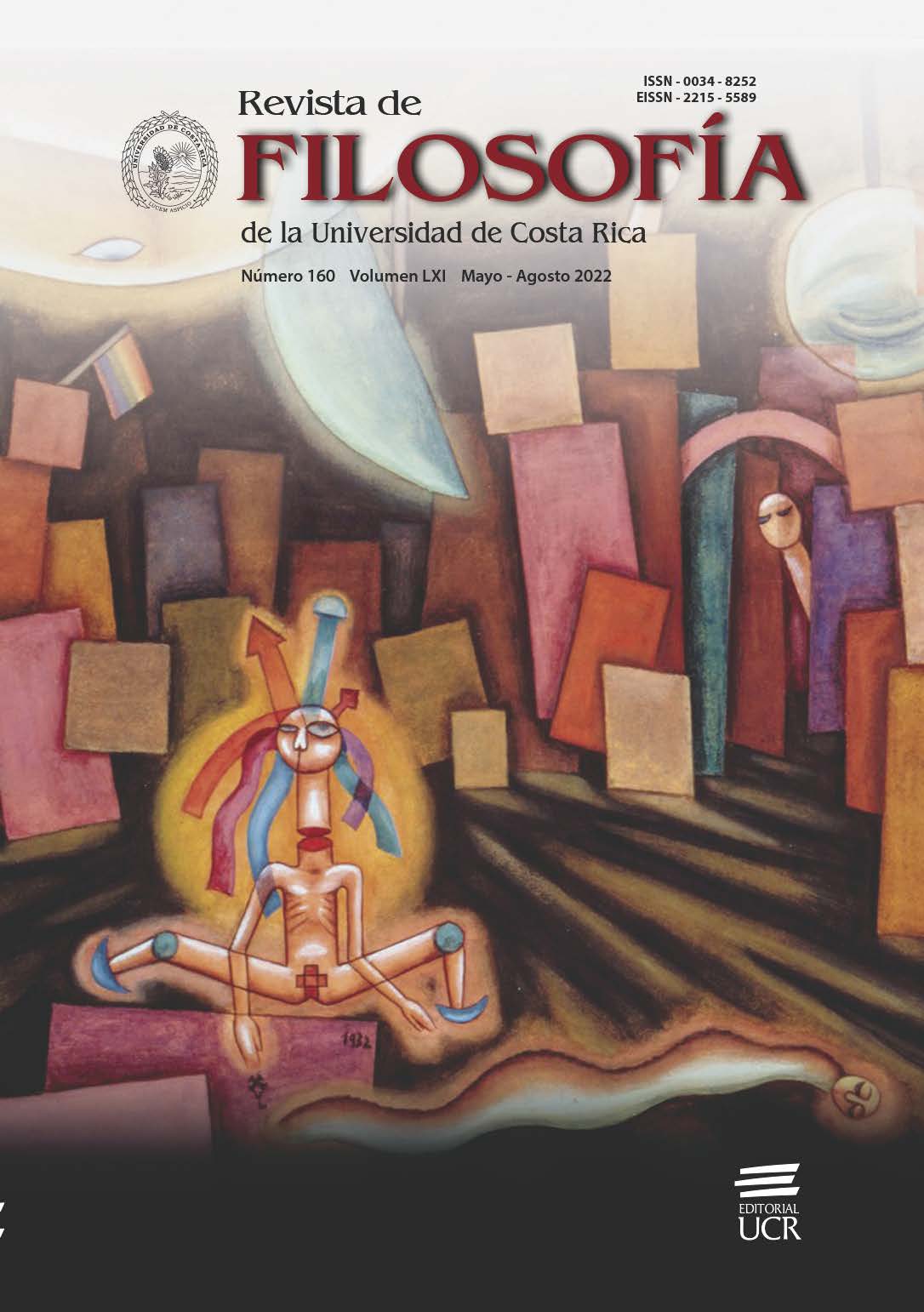Abstract
The god Śiva embodies time and immortality, desire and the sublimation of desire, death and the power that the yogi has to conquer it; For this reason, the god of ascetics is at the same time the limit imposed by nature and the hidden power in that same nature, capable of exceeding its own limits. Kāla, the Hindu god of time, makes us mature and then swallows us, devouring himself. But he can also die from a stroke of impatience, when he awakens the fiery fury of the god Śiva, conqueror of death (mṛtyunjāya) and lord of time (mahākāla). When this happens, mortals implore Śiva to bring him back to life, for time is synonymous with vital breath (prāṇabhuta). The purāṇic literature shows, through sympathetic narrative plots, the contrary reactions that the experience of time elicits in us: when Kāla is associated with Māyā, he can make us experience an instant as if it were years. In addition, the cyclical experience of reincarnation reverses the logical order of relationships, since the child may be wiser, and older than her own parents.
Comments

This work is licensed under a Creative Commons Attribution-NonCommercial-NoDerivatives 3.0 Unported License.
Copyright (c) 2022 Raquel Ferrández Formoso

